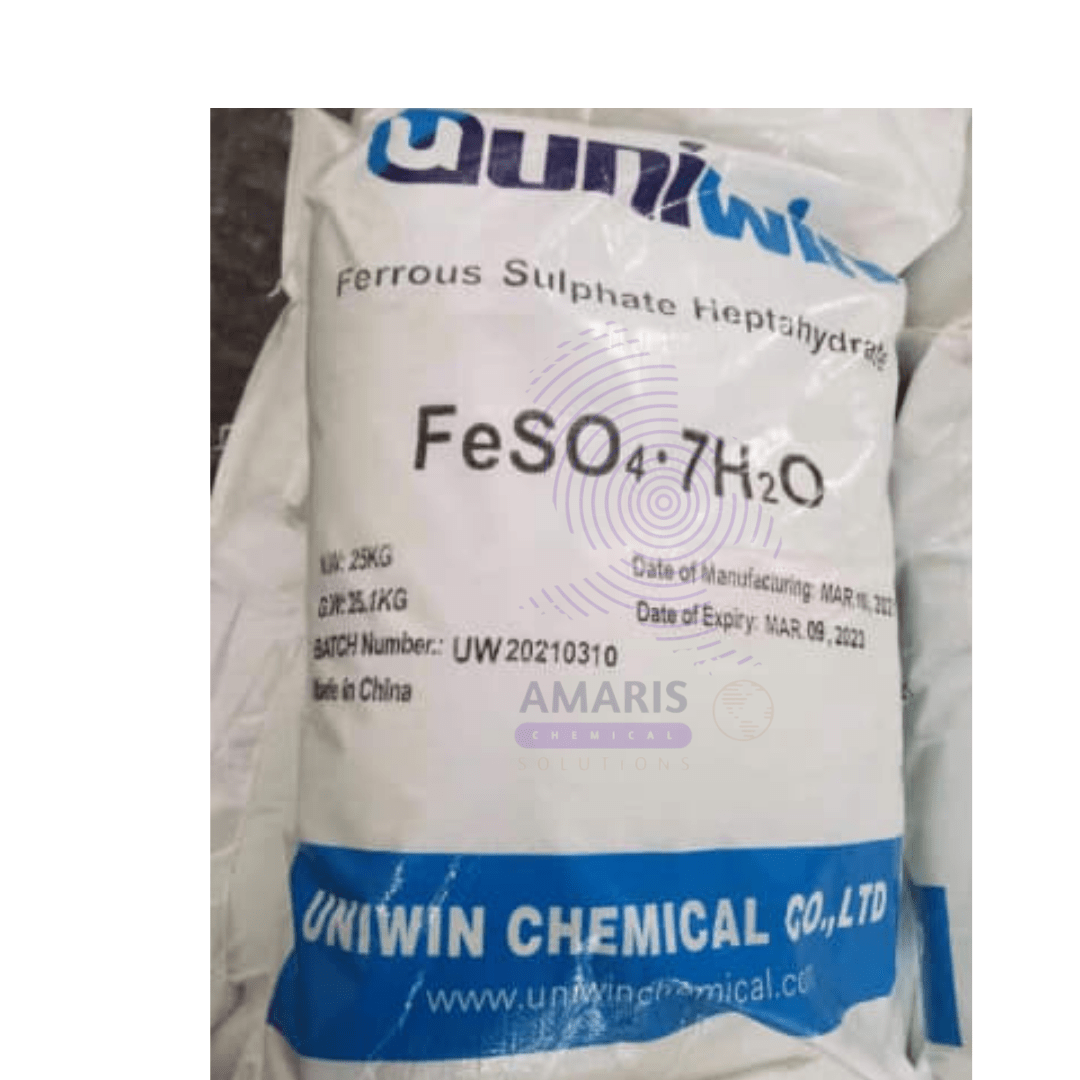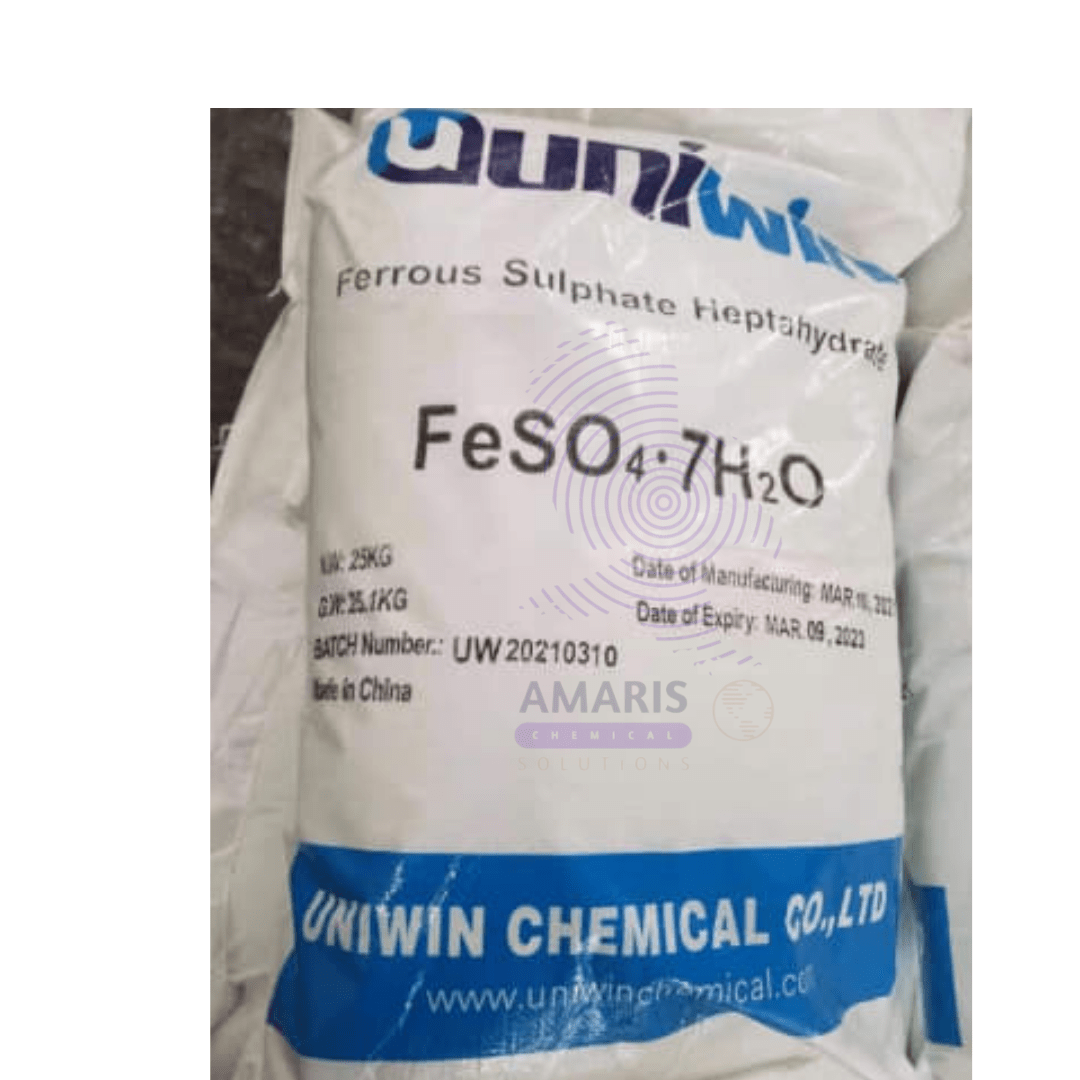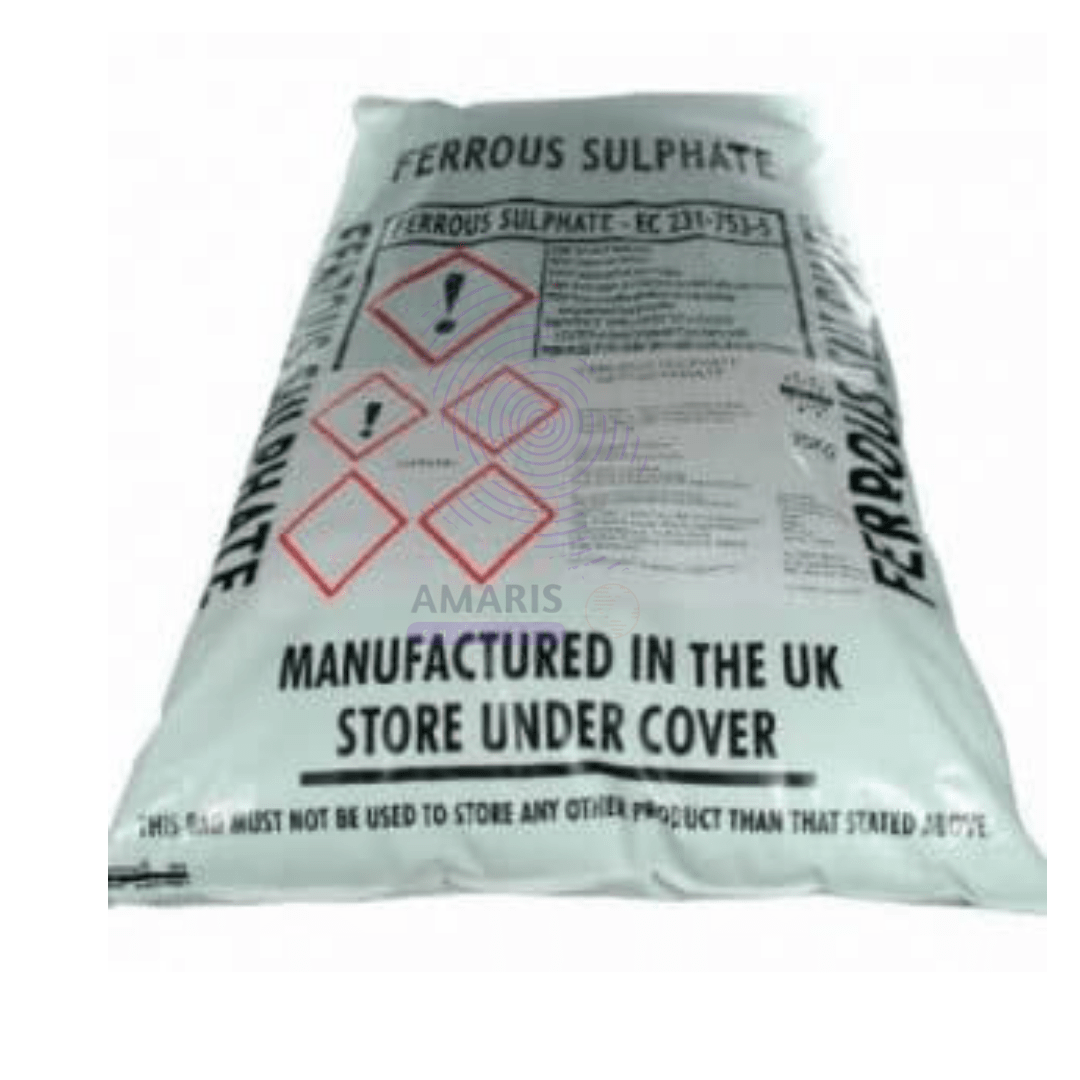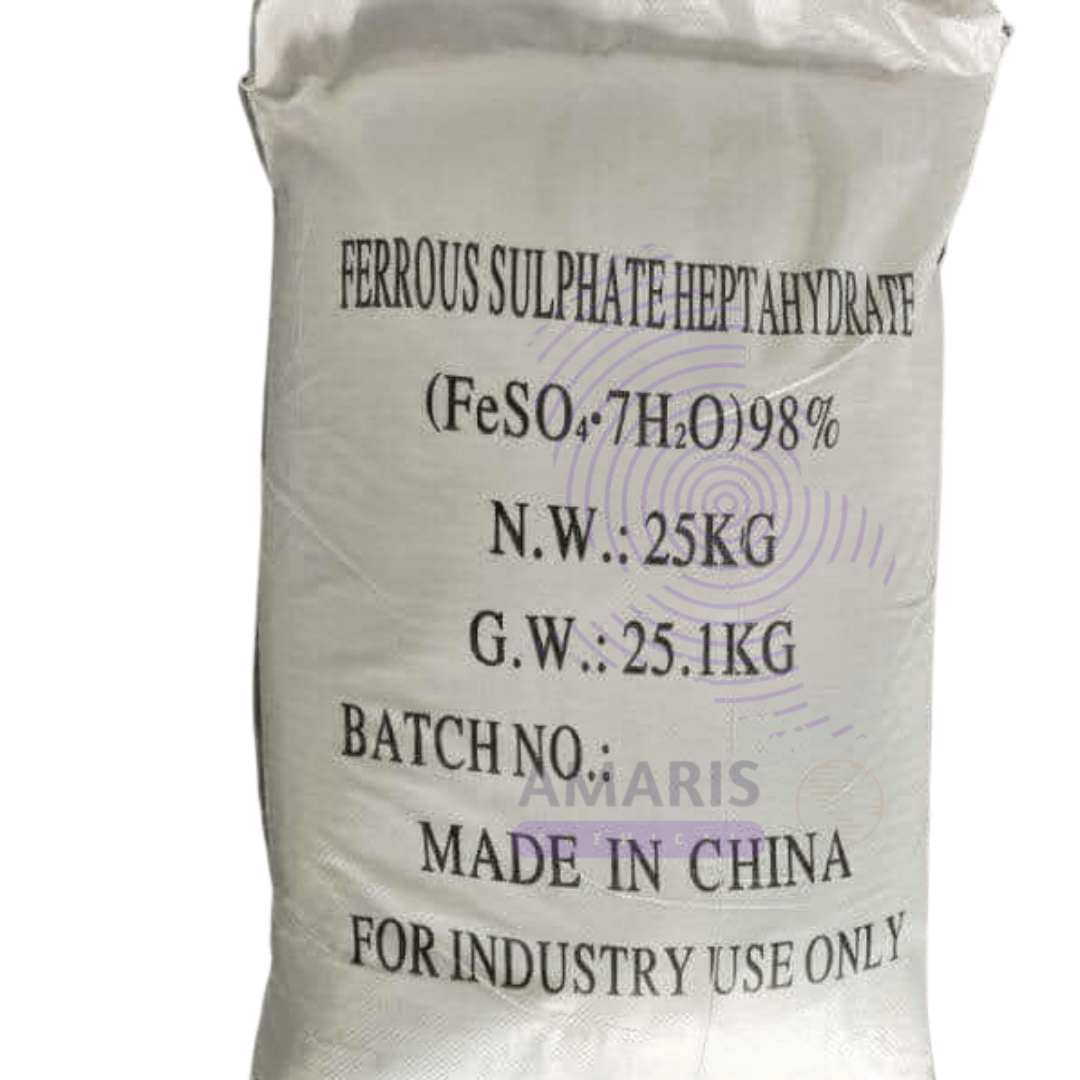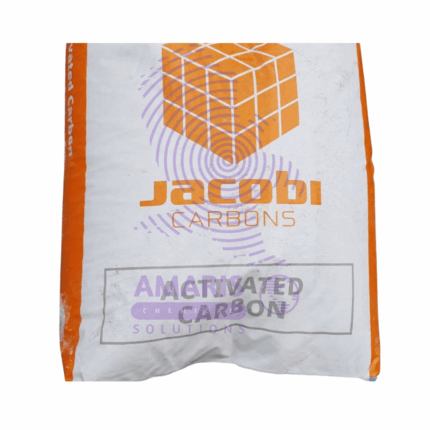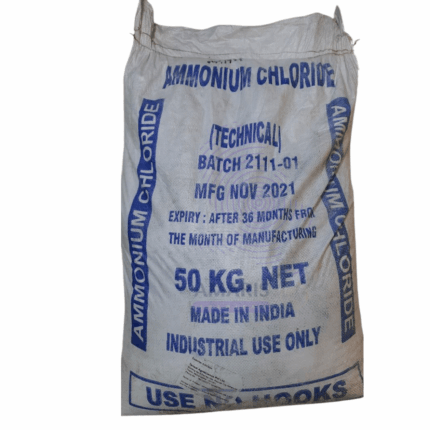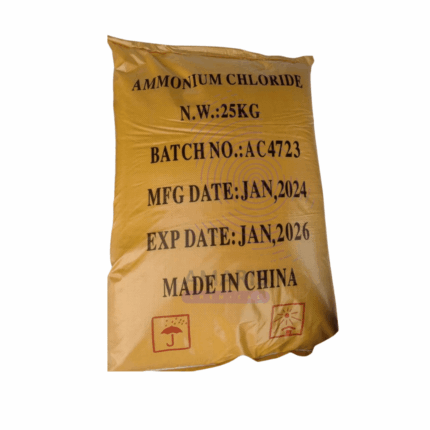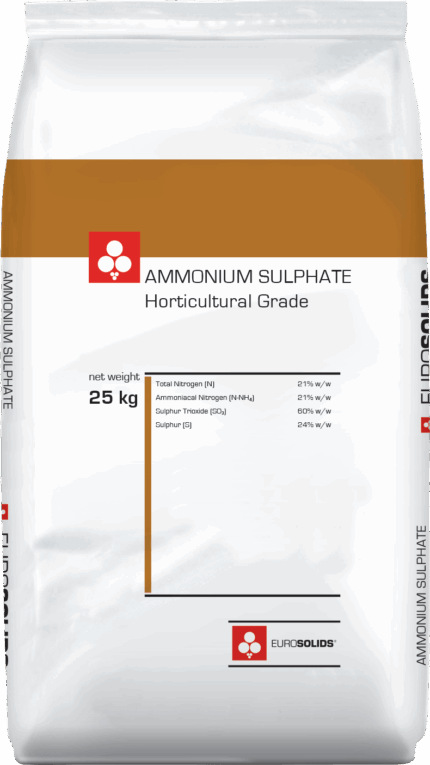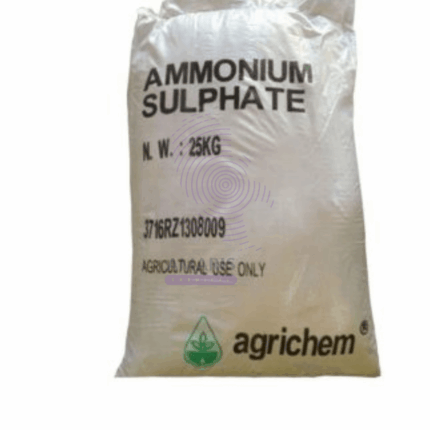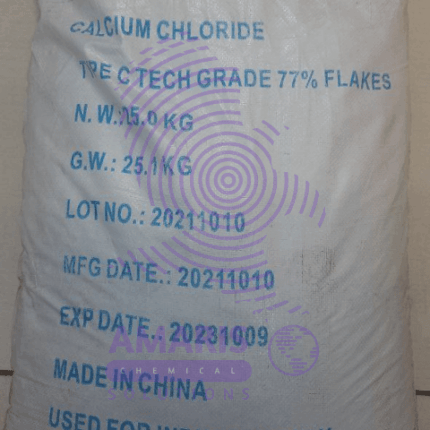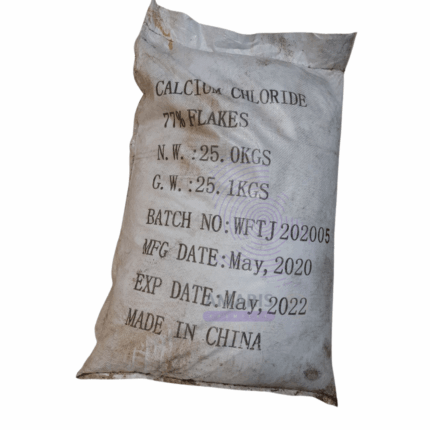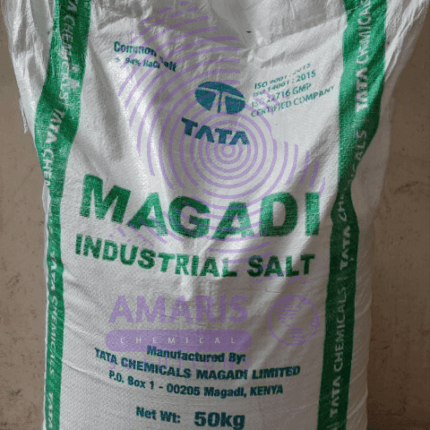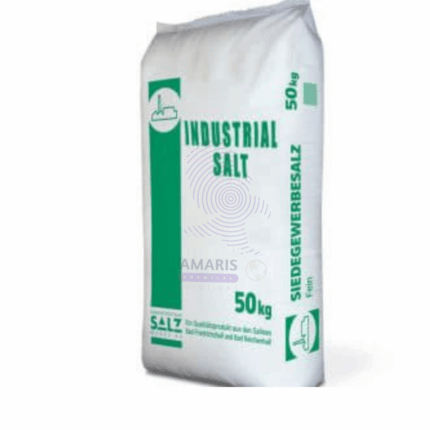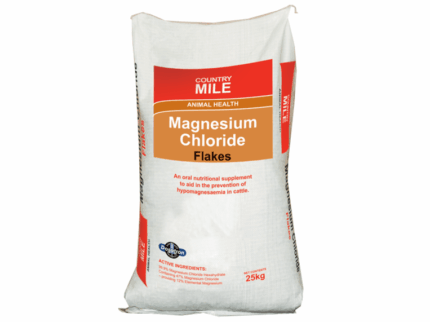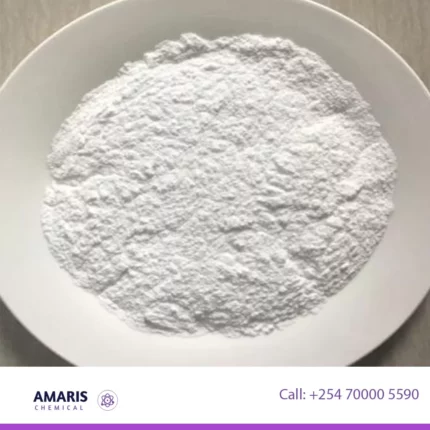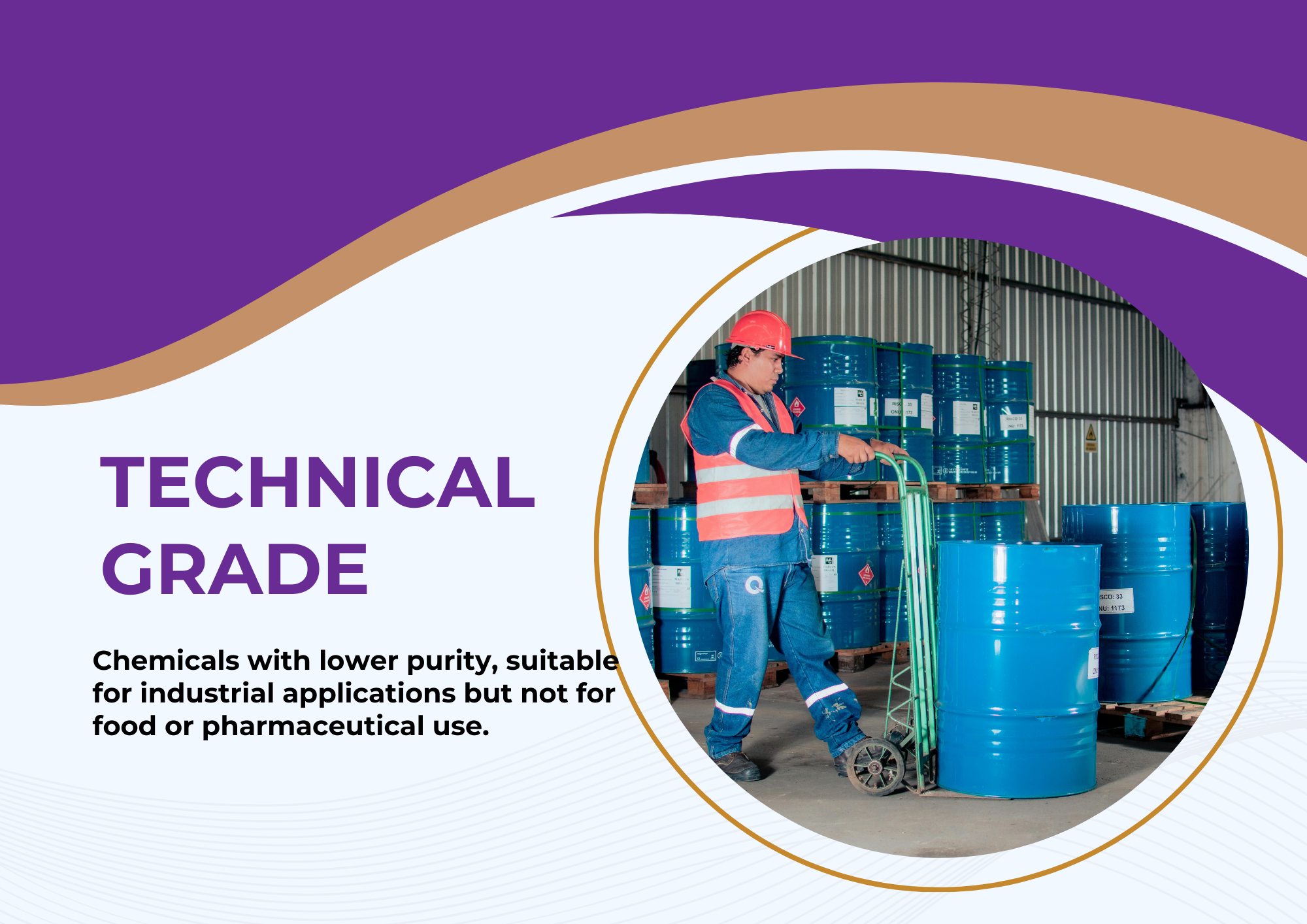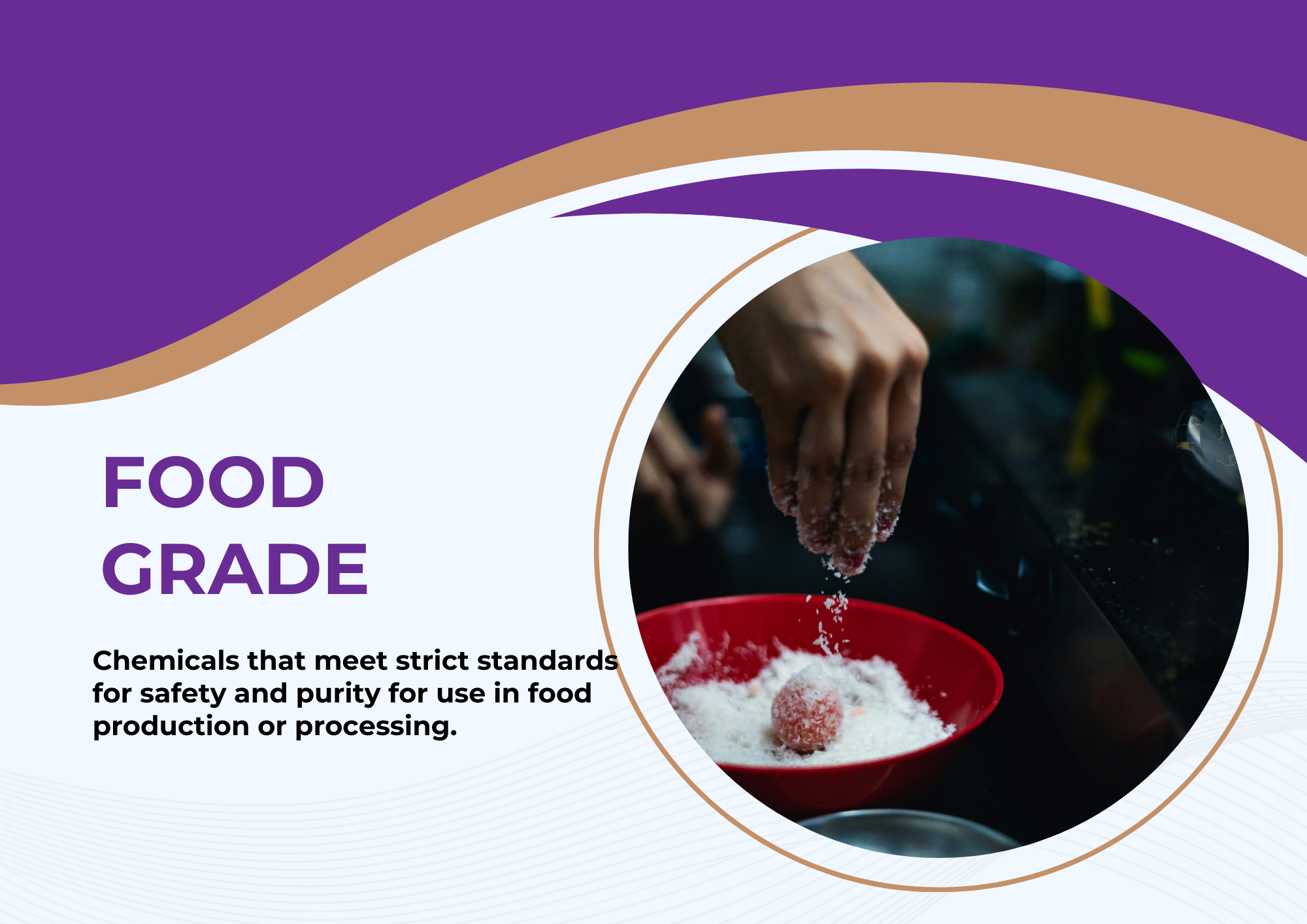“Sulphur black” has been added to your cart. View cart
“Sodium Lauryl Ether Sulphate (SLES Ungero)” has been added to your cart. View cart
“Sodium Formate 500gm” has been added to your cart. View cart
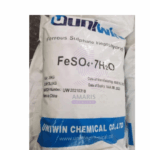

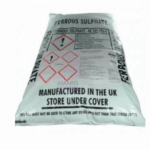
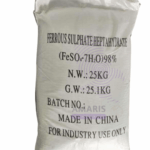

Ceramic Stain Remover(5litres)
KSh7,500.00 Original price was: KSh7,500.00.KSh6,500.00Current price is: KSh6,500.00.

Vanilla Fragrance Oil 5kg
KSh4,500.00 Original price was: KSh4,500.00.KSh4,400.00Current price is: KSh4,400.00.
Ferrous Sulphate Heptahydrate 25kg
KSh8,500.00 Original price was: KSh8,500.00.KSh8,000.00Current price is: KSh8,000.00.
Ferrous sulphate is a chemical compound with the formula FeSO4, which is made up of iron, sulfur, and oxygen. It is a type of salt that is commonly used as a nutritional supplement and a medicine to treat iron deficiency anemia. Ferrous sulfate is also used in various industrial applications, such as water treatment, fertilizers, and pigments. In its solid form, ferrous sulfate appears as a white or grayish-white crystalline powder, and it is soluble in water.
SKU:
ACS59991CHEM0
Categories: Coagulants and Flocculants, Excipients, Fertilizers
Tags: ferrous, technical grade
Description
Ferrous sulphate
- Nutritional supplement: Ferrous sulfate is a common supplement used to treat iron deficiency anemia, which can result from a lack of iron in the body.
- Water treatment: Ferrous sulfate is used as a coagulant in water treatment to remove impurities and particles from water.
- Fertilizer: Ferrous sulfate is used in the production of fertilizers and soil amendments, as it provides a source of iron to plants that is necessary for healthy growth.
- Pigment: Ferrous sulfate is used as a black pigment in inks, paints, and dyes.
- Medical uses: Ferrous sulfate is used in the treatment of certain skin conditions, such as eczema and psoriasis, and it is also used as an antidote to iron poisoning.
- Industrial applications: Ferrous sulfate is used in various industrial applications, including the production of iron oxide pigments, the purification of water, and the treatment of wastewater.
Additional information
| Weight | 25 lbs |
|---|
Shipping & Delivery
Related products
Activated Carbon 25kg
Activated carbon, also known as activated charcoal, is a highly porous material that is produced by treating carbon-rich organic materials, such as wood, coconut shells, or peat, with heat and chemicals to create a network of pores and a large surface area. This high surface area and porosity make activated carbon an excellent adsorbent for a wide range of substances, including organic molecules, gases, and liquids. It is widely used in various applications, such as water treatment, air purification, food and beverage processing, and medical treatments.
Ammonium chloride 50kg
Ammonium chloride is an inorganic compound with the chemical formula NH4Cl. It is a white crystalline salt that is highly soluble in water and has a salty taste. Ammonium chloride is often used in various industrial and laboratory applications, including as a flux in soldering, as a nitrogen source in fertilizers, and as a component in dry cell batteries. It can also be used in medicine as an expectorant to help thin and loosen mucus in the respiratory system
Ammonium sulphate 25kgs
Calcium Chloride 25kg
Calcium chloride is a chemical compound with the molecular formula CaCl2. It is a salt composed of calcium and chlorine ions and is highly soluble in water. Calcium chloride is commonly used as a desiccant, de-icer, and in various industrial processes. It is also used in food and beverage applications as a firming agent, and in medicine as a source of calcium for people with calcium deficiencies.
Industrial salt 50kg
Industrial salt is a high-quality sodium chloride (NaCl) compound that is used in a variety of industrial processes, such as chemical manufacturing, water treatment, food processing, and animal feed production. It is typically produced through the extraction of salt from salt mines or the evaporation of seawater or brine, followed by purification and drying to remove impurities. Industrial salt is characterized by its high purity, low moisture content, and uniform particle size, which make it ideal for use in these applications. It may also contain trace amounts of other minerals and elements, depending on the source and production method
Magnesium chloride
Magnesium chloride is an inorganic compound with the chemical formula MgCl2. It is a crystalline salt that is composed of magnesium and chloride ions. In its solid form, it appears as a white or colorless crystalline powder. Magnesium chloride is highly soluble in water and forms hydrated forms, such as magnesium chloride hexahydrate (MgCl2·6H2O), which is commonly used in various applications.
Magnesium chloride is primarily obtained from natural sources, such as brine deposits or seawater, and it can also be produced by chemical processes. It has a wide range of uses in various industries and applications. It is commonly employed as a deicing agent for roads and highways during winter, as it effectively lowers the freezing point of water. In addition, it is used in the production of magnesium metal, as a component in the preparation of tofu, as a dust suppressant, and as a nutrient supplement in agriculture and animal feed.
Medically, magnesium chloride can be utilized as a mineral supplement for individuals with magnesium deficiencies. It may also be administered intravenously in certain medical treatments. Furthermore, magnesium chloride has been explored for its potential therapeutic benefits, such as in the management of asthma, constipation, and magnesium deficiency-related conditions.
Overall, magnesium chloride is a versatile compound with various practical applications across different industries, while also offering potential health benefits.
Manganous dihydrogen phosphate
Manganous dihydrogen phosphate, often represented by the chemical formula Mn(H2PO4)2, is a chemical compound composed of manganese (Mn), hydrogen (H), phosphorus (P), and oxygen (O). It's an inorganic salt that's commonly used in various industrial applications.
Manganous dihydrogen phosphate can be prepared by reacting manganese(II) carbonate or manganese(II) hydroxide with phosphoric acid:
MnCO3 + 2H3PO4 → Mn(H2PO4)2 + CO2 + 2H2O
Or
Mn(OH)2 + 2H3PO4 → Mn(H2PO4)2 + 2H2O
This compound has applications in areas such as:
- Chemical Industry: It can be used as a source of manganese in the production of other manganese compounds.
- Phosphating Agent: It's utilized in the phosphating process, where metal surfaces are treated with a phosphate coating to improve corrosion resistance, paint adhesion, and lubrication.
- Fertilizers: Manganese is an essential micronutrient for plants. Manganous dihydrogen phosphate can be used in fertilizer formulations to provide manganese to plants.
- Catalysis: Compounds containing manganese are sometimes used as catalysts in various chemical reactions.
Sodium Hydroxide Pearls 500gm
Analytical Reagents, Builders, Coagulants and Flocculants, Drilling Fluids, Excipients, Finishing Agents, PH Adjusters
Sodium Hydroxide Pearls are small, solid beads of sodium hydroxide, a strong alkaline compound. They are commonly used in industrial applications, including cleaning, pH regulation, and chemical synthesis. The pearls dissolve easily in water, forming a highly caustic solution that can handle a variety of tasks, from de-greasing surfaces to adjusting the acidity of solutions. They require careful handling due to their corrosive nature and can cause severe chemical burns if not used properly.

